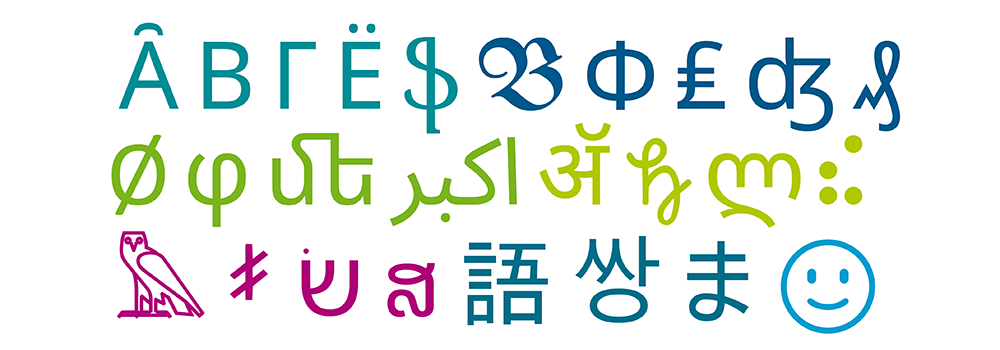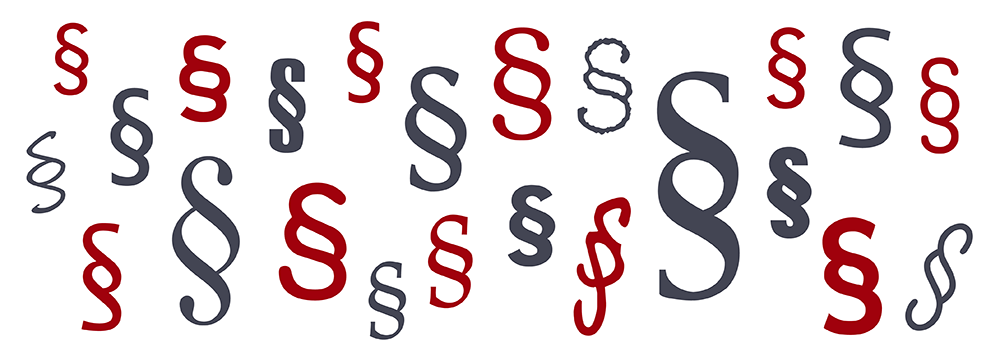Nice White Anglophones: Power, Privilege and Monolingualism Nice White Anglophones: Privilege, Power and Monolingualism is an innovative work exploring race, power and ideology via an extended fictional case study centring on a monolingual white American family—“The Smiths”. The reader is invited to follow this seemingly “normal” white English-speaking family through their everyday life and think critically about their linguistic and cultural reality, what they do and, especially, what they do not do.
Nice White Anglophones: Privilege, Power and Monolingualism is an innovative work exploring race, power and ideology via an extended fictional case study centring on a monolingual white American family—“The Smiths”. The reader is invited to follow this seemingly “normal” white English-speaking family through their everyday life and think critically about their linguistic and cultural reality, what they do and, especially, what they do not do.
What role does monolingual whiteness play in socioeconomics and politics? How do participants in language and culture reinforce dynamics that afford privilege and power to some and exclude others? And how does white monolingualism contribute to the ensmalling our cultural horizons? These themes are introduced through stories and explored in-depth through critical discussion questions, providing comprehensive coverage of monolingualism, race and power in a new and engrossing way.
This intersectional work—part textbook, part case study, part dialogue and critical inquiry, is a new and original way to engage students and scholars of language and culture, power and race, as well as anyone interested in monolinguality and languaculture.
zum Buch im ULB-KatalogPlus
zum Buch auf der Verlags-Website
Optimism, Literature, and Culture in American Capitalism and Chinese Socialism This book examines and interprets the uncanny similarity between capitalism and socialism over the twentieth century as both systems found ways to encourage happiness and optimism in their citizens. As inheritors of the Enlightenment emphasis on scientific rationality, these cultures sought to instill in their citizens the belief in progress, settling on a future-oriented optimism as the favored state of mind. When progress as a theory of history is generally accepted, happiness becomes a transference of future advancement into present subjectivity, ultimately expressing acceptance of and satisfaction with society. Fundamentally a literary study strongly embedded in history, this project looks to fiction to show how narrative encouraged readers to engage in the struggle for new values. Characters both model optimism and also contest the way in which optimism encompassed a belief in progress that itself could be camouflaged and the demands for a happiness that insisted on everyone else’s well-being before one’s own. For example, the book compares Yang Mo’s famous Song of Youth (1958) with Horatio Alger Jr.’s Ragged Dick (1868), Eleanor Hodgman Porter’s Pollyanna (1913), and Frederick Kohner’s Gidget (1957); Wang Meng’s Long Live Youth (written 1953) and A Young Man Arrives at the Organization Department (1956) are put up against Jack Kerouac’s On the Road (1958). This study also brings related cultural and political concepts such as revolutionary optimism, permanent revolution, literary typicality, the New Soviet Person and the positive hero, optimistic autosuggestion, cultural authenticity, and positive thinking, as well as challenges to those concepts.
This book examines and interprets the uncanny similarity between capitalism and socialism over the twentieth century as both systems found ways to encourage happiness and optimism in their citizens. As inheritors of the Enlightenment emphasis on scientific rationality, these cultures sought to instill in their citizens the belief in progress, settling on a future-oriented optimism as the favored state of mind. When progress as a theory of history is generally accepted, happiness becomes a transference of future advancement into present subjectivity, ultimately expressing acceptance of and satisfaction with society. Fundamentally a literary study strongly embedded in history, this project looks to fiction to show how narrative encouraged readers to engage in the struggle for new values. Characters both model optimism and also contest the way in which optimism encompassed a belief in progress that itself could be camouflaged and the demands for a happiness that insisted on everyone else’s well-being before one’s own. For example, the book compares Yang Mo’s famous Song of Youth (1958) with Horatio Alger Jr.’s Ragged Dick (1868), Eleanor Hodgman Porter’s Pollyanna (1913), and Frederick Kohner’s Gidget (1957); Wang Meng’s Long Live Youth (written 1953) and A Young Man Arrives at the Organization Department (1956) are put up against Jack Kerouac’s On the Road (1958). This study also brings related cultural and political concepts such as revolutionary optimism, permanent revolution, literary typicality, the New Soviet Person and the positive hero, optimistic autosuggestion, cultural authenticity, and positive thinking, as well as challenges to those concepts.
zum Buch im ULB-KatalogPlus
zum Buch auf der Verlags-Website



Schreibe einen Kommentar